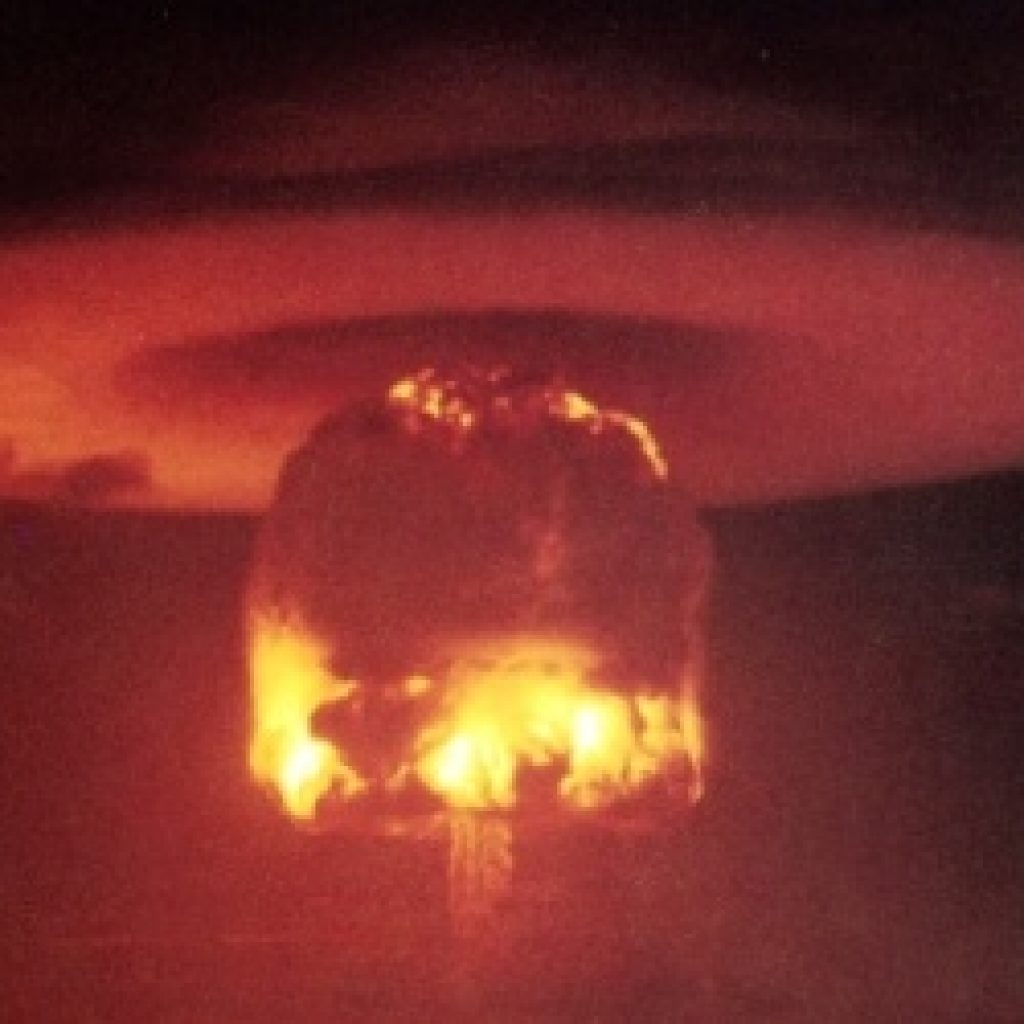(TheNextWeb.Neural) What would happen if quantum AI gained control of the US military’s nuclear stash and decided to preemptively win World War 3 before any perceived enemy nations could react?
Tomorrow’s AI won’t be stuck in the mire of classical physics. Useful quantum computers are just around the corner – they should be here sometime between next Tuesday and the year 2121.
With quantum computers, our military systems won’t be constrained to yes-or-no questions and they certainly won’t have to run boring old binary simulations to determine the confidence factor for a given operation.
Prasanth Shyamsundar, a researcher at the Fermi National Accelerator Laboratory, a Department of Energy research lab for the US government, recently published a fascinating paper describing two new types of algorithms that could revolutionize quantum computing and, potentially, lead to a quantum brain for military AI systems.
Quantum AI isn’t smarter, it’s just fast and takes advantage of “superposition.” Where classical AI works in a black box, quantum AI could exploit superposition to operate in many black boxes at once. Unfortunately, that doesn’t mean it comes up with the right answer. When it’s a yes-or-no question, the odds are good. But when it’s a question that requires non-Boolean logic, even a quantum computer needs a different kind of algorithm.
The problem with today’s military logic systems – and the one in the movie “Wargames” – is that they’re all based on binary thinking. You can run a million simulations on advanced military software using cutting-edge AI, but eventually the limitations of “pass/fail” thinking will reduce almost any conflict into an arms race that ends in either stalemate or mutually-assured destruction.
But, what if the confidence factor for a given military operation didn’t rely on binary simulations? Quantum algorithms could easily determine which combination of feasible operational strategies would result in the highest overall confidence factor for a military campaign.
In other words, where Sun Tzu was said to be able to envision an entire battle unfolding in front of his eyes before it happened, and modern software such as CMANO can simulate entire operations, a quantum system running simple non-Boolean algorithm solutions should be able to surface strong predictions for the outcome of a multi-step war campaign.
Quantum Computers, AI and World War 3
